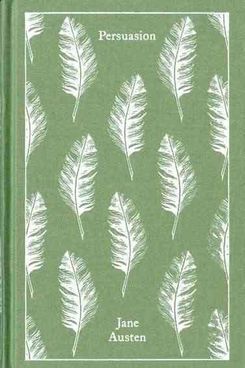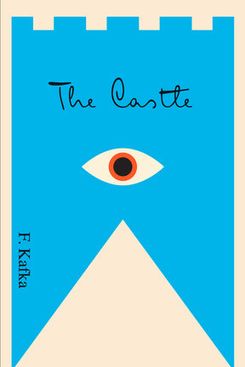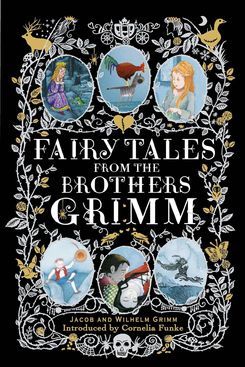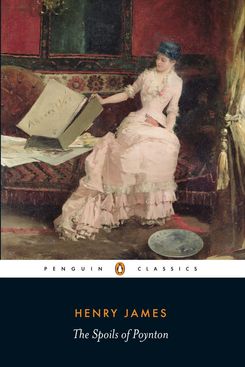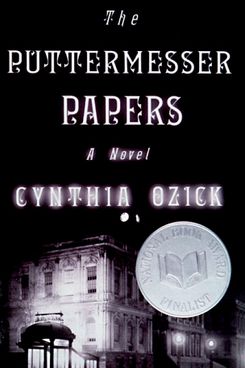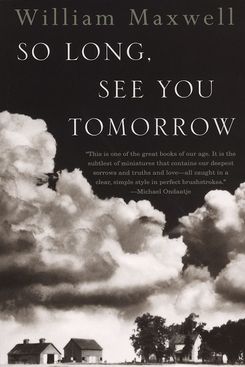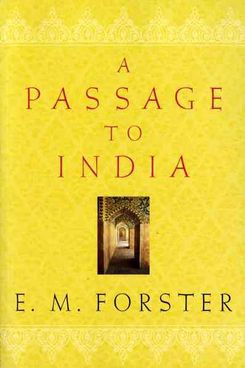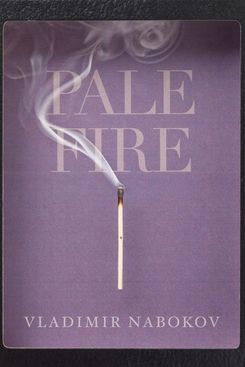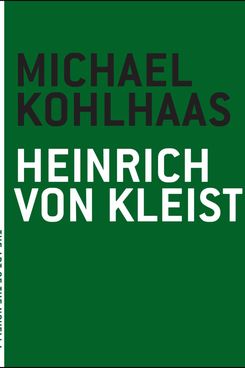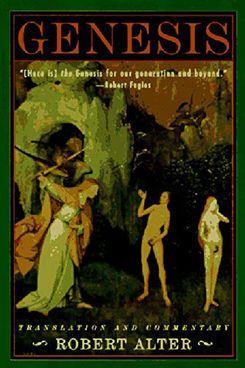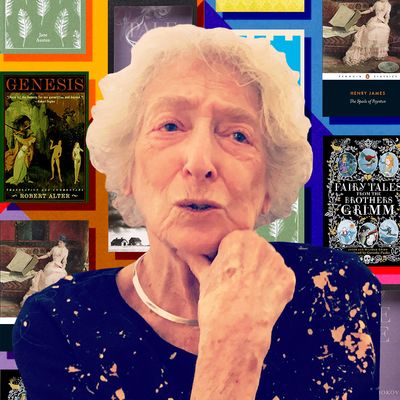
Bookseller One Grand Books has asked celebrities to name the ten titles they’d take to a desert island, and they’ve shared the results with Vulture. Below is author Lore Segal’s list.
Most of my recent essays include a reference to Jane Austen and to my mum. I read and reread Persuasion for its painful rendering of love that continues in the absence of an object, and for the delicacy of its heroine’s goodness. Anne, in the sadness of what she believes to be her ruined life, can be concerned to prevent a country walk from being spoiled by her sister Mary — a marvelous depiction of obnoxiousness. And the happy ending is delicious.
There comes the night when K is invited into a room in the Castle where he is repeatedly offered the answer to the quest which the narrative has set out to deny him, but this is the moment in which he is overcome by the need to close his eyes and go to sleep, which he does. If this strikes you as not only true but inevitable in the world as you know it, Kafka is your man.
What turns the frog into a prince? If you say the princess’s kiss, you have been misinformed. Read what the story says: “She picked him up and she threw him against the wall as hard as she could, ‘Now will you be satisfied you nasty frog?’ As he fell to the ground he was no longer a frog but a prince with kind and beautiful eyes.” “It makes no sense!” complained Maurice Sendak. He refused to believe it. I had the happiness of translating the stories in The Juniper Tree and Other Tales for Grimm for Sendak’s illustrations.
“Beauty,” Stendhal said, “is the promise of happiness.” James’s story pits the passion for superb objects against the operations of love and the laws of honor. In case you have not read it, I won’t be the spoiler and tell what happens to the beautiful things on the last page.
Ozick’s furious, fearless, merciless invention is reminiscent of Márquez. To create a Golem in New York, Puttermesser uses the available earth in her flowerpot. The reader is present when she is murdered and then raped by a robber.
A gentle, profound, and merciful meditation on what humans owe one another. The little book traces a boy’s regret for having failed a friend in his trouble.
The best novel, surely, of a writer we love because he makes us question our favorite beliefs. His Aziz, Fielding, Adela, and the Anglo-Indian lot are the superb metaphors in the moral drama as well as people I seem to remember as if I had known and interacted with them.
The sheer moxie of situating the story of the story in the endnotes. This is the eternal tale of the heartbreak of the homely girl’s humiliation in love, and her parents who have to watch. All seen from the best of all unreliable narrators who may or may not be nuts or a Russian royal.
A landowner who must move his horses across another man’s property gets into a minor altercation. The hassle which would seem to be easy enough to settle escalates beyond the possibility of repair. We read on with a horrified recognition: This is how one set of humans gets into war with another.
There was a period in the ’80s when it seemed a good idea to ask Hebraists and biblical scholars to make room for the common reader — particularly the woman reader — to write about the Bible. I am an atheist awed by this grandest of literatures that deals with our Ur-themes, and where I meet lives lived so very long ago, in such a different clime and circumstance, that are types of ourselves.
More From This Series
- Greta Gerwig’s 10 Favorite Books
- Michaela Coel’s 10 Favorite Books
- François Ozon’s 10 Favorite Books


